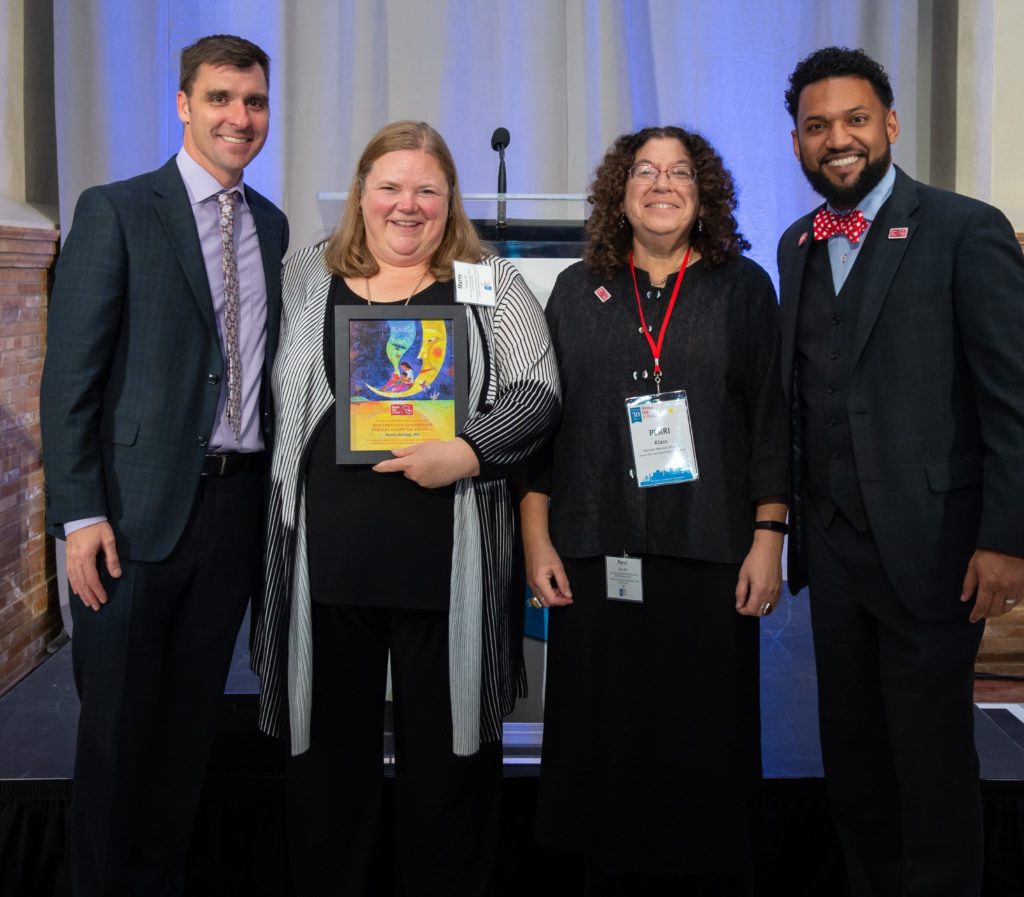Kristof’s Holiday Impact Prize
Reach Out and Read is a proud recipient of New York Times columnist and two-time Pulitzer Prize-winner Nick Kristof’s Holiday Impact Prize!
We are grateful to Nick Kristof for honoring us as we approach #GivingTuesday. His journalism has had an immense impact around the globe.…

